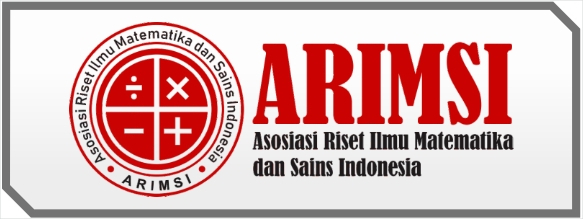Operasionalisasi Ego, Superego, Dan ID Tokoh Rodion Raskolnikov Dalam Novel Kejahatan Dan Hukuman Karya Fyodor Dostoevsky
DOI:
https://doi.org/10.55606/sscj-amik.v2i1.2785Keywords:
Fyodor Dostoyevsky, Punishment, desire, Crime, internal conflictAbstract
The purpose of writing this journal is to analyze the psychological subject of Raskolnikov, the main character in Fyodor Dostoevsky's novel Crime and Punishment from the perspective of psychoanalytic theory. This journal outlines an in-depth psychological analysis of the characters and context of Fyodor Dostoyevsky's novel "Crime and Punishment". This novel tells the story of a poor student named Rodion Raskolnikov, who decides to plan the murder of an old woman, which he thinks is an event that can bring social benefits. Throughout the story, Raskolnikov experiences inner conflict and is overcome by feelings of guilt. This journal also outlines the ideas of psychological theory that can be applied to understanding Raskolnikov's character, including the concepts of desire, inner conflict, and moral conflict. The author also examines the impact of psychological concepts such as psychoanalytic thinking and wisdom on human behavior in the context of this journal. The results of the analysis show that this novel is a deep reflection on the complexity of human psychology, depicting the tension between desire, morality and common sense considerations. Overall, the novel invites readers to reflect on the nature of crime, punishment, and human wisdom through a deep psychological lens.
References
Amalia, A. M., & Thoyibi, M. (2017). Social Stratification Reflected In Fyodor Dostoyevsky’s Crime And Punishment (1866): A Marxist Approach (Doctoral dissertation, Universitas Muhammadiyah Surakarta).
Dostoyevsky, F. (2001). Kejahatan dan hukuman. Yayasan Pustaka Obor Indonesia.
Freud, B. S. (2002). Psikoanalisis sigmund freud. FILSAFAT KESEHARIAN, 291.
Jahja, Y. (2011). Psikologi perkembangan. Kencana.
Setiawan, M. A. (2018). Pendekatan-Pendekatan Konseling (Teori Dan Aplikasi). Deepublish.
Syawal, H., & Helaluddin, H. (2018). Psikoanalisis Sigmund Freud Dan Implikasinya Dalam Pendidikan. Banten. Uin Sultan Maulana Hasanuddin.
Wijaya, H., & Darmawan, I. (2019). Optimalisasi superego dalam teori psikoanalisis sigmund freud untuk pendidikan karakter.
Yasin, F. H., & Sumbogo, S. B. (2020). Pemaknaan Will to Crime Karakter Raskolnikov pada Novel Kejahatan dan Hukuman Karya Fyodor Dostoyevsky. Epistemik: Indonesian Journal of Social and Political Science, 1(1), 01-16.
Downloads
Published
How to Cite
Issue
Section
License
Copyright (c) 2023 Student Scientific Creativity Journal

This work is licensed under a Creative Commons Attribution-ShareAlike 4.0 International License.






















